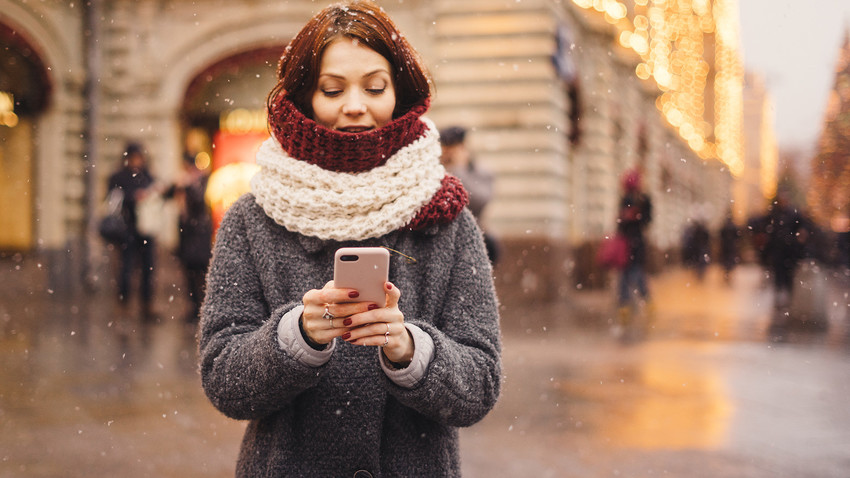6 Russian internet trends according to Google

Experts from Google and Kantar TNS have analyzed the everyday habits of Russians on the internet and some of them are really unexpected.
1. Russian users are older than you might think

2. Stick to their smartphones

3. More gadgets

4. Russians use the internet while watching TV

One-third of Russians prefer to watch videos on the internet, while 35 percent watch them everywhere. One of the key challenges faced by traditional TV is grabbing viewers’ attention. And the numbers are not on their side - 70 percent of Russians from 16 to 24 only watch television in the background while actively surfing the web.
5. Privacy is crucial

6. Who needs digital assistants?

Only 50 percent of Russians have ever heard about digital assistants and only four percent use them. This trend doesn’t correlate with the age of respondents.
If using any of Russia Beyond's content, partly or in full, always provide an active hyperlink to the original material.
Subscribe
to our newsletter!
Get the week's best stories straight to your inbox